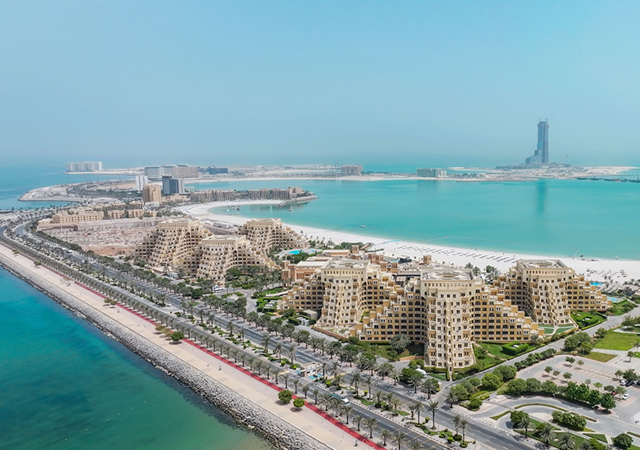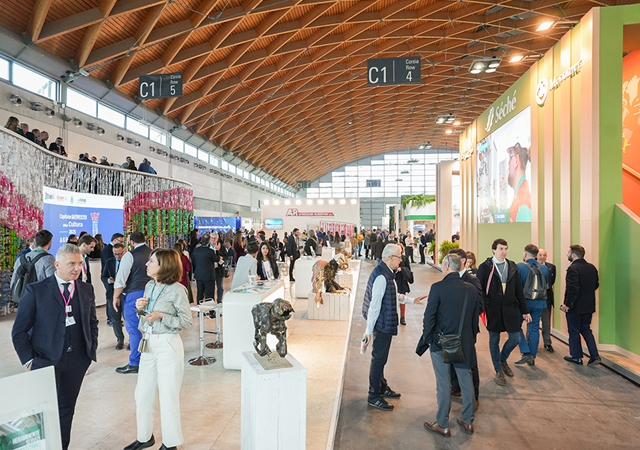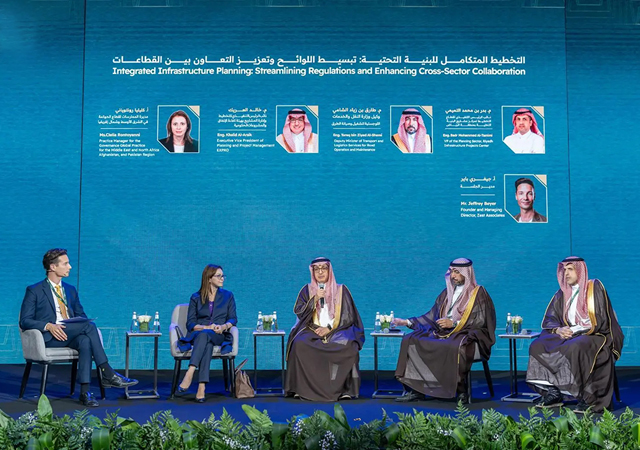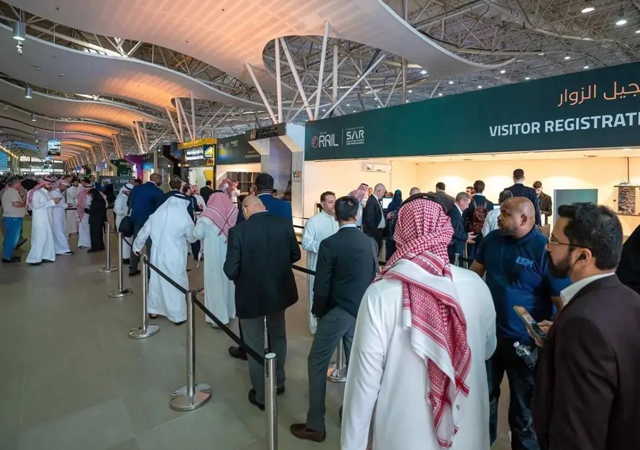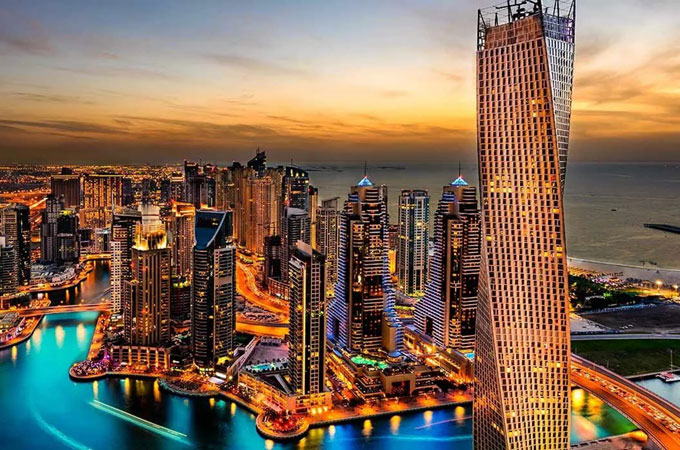
Kearney’s 2025 Global Cities Report reveals that Gulf cities are cementing their positions as rising global hubs, powered by investment in infrastructure, digital readiness, and human capital.
While established cities retained their top spots globally, the GCC’s leading cities demonstrated some of the most impressive year-on-year gains in the Index, underscoring their growing role in shaping the global economy.
2025 Global Cities Index
The Global Cities Index (GCI) evaluates 158 cities across five dimensions: business activity, human capital, information exchange, cultural experience, and political engagement. With 31 indicators, the Index quantifies each city’s ability to attract, retain, and generate global flows of people, capital, and ideas.
While this year’s results confirmed the enduring strength of established hubs, with New York, London, Paris, Tokyo, and Singapore retaining their top five positions, it also highlighted growing diversity in global connectivity, with cities such as Almaty, Taipei, and Rio de Janeiro recording notable gains.
In the Gulf, Dubai maintained its leadership position, rising to 23rd globally, reinforcing its role as a center of business, finance, and culture. Riyadh advanced eight places to 56th, reflecting momentum in economic activity and connectivity supported by ambitious transformation programs. Manama also moved up 10 places to 125th, highlighting Bahrain’s progress in strengthening regional connectivity and competitiveness.
"What’s striking in this year’s results is not just which cities moved up or down, but why. Cities are no longer defined by legacy advantages or sheer scale. Their competitiveness now rests on how well they can cultivate talent, build trust in digital systems, and design livable environments that can withstand volatility. The Gulf’s trajectory is a clear example of how aligning these factors can change a city’s global standing in just a few years," said Rudolph Lohmeyer, Senior Partner, Global Business Policy Council & Head of the National Transformations Institute, Part of the Kearney Foresight Network.
These results spotlight how Gulf cities are successfully leveraging investments in talent attraction alongside logistics and infrastructure investment to close the gap with traditional global leaders, he added.
2025 Global Cities Outlook
While the GCI captures current performance, the Global Cities Outlook (GCO) provides a forward-looking assessment, measuring cities’ future potential across four dimensions: personal well-being, economics, innovation, and governance.
The 2025 Outlook revealed meaningful shifts in the global hierarchy. Munich rose to first place, overtaking San Francisco, while Seoul and Singapore surged into the top five, underscoring the growing weight of Asian innovation hubs.
Many Western cities showed signs of strain, with governance and social well-being challenges weighing on their rankings. Emerging Asian hubs such as Taipei and Jakarta also advanced, signaling a broader redistribution of global opportunity.
The Outlook was especially positive for Gulf Cities. Dubai, Riyadh, Dammam, Medina, Makkah, Doha, and Manama all recorded steady upward movement, fueled by sustained investment in infrastructure, innovation, and livability. Together, they highlight the region’s growing influence in shaping the cities of the future.
A look ahead on future competitiveness
The 2025 report concludes that future competitiveness will rest on three interdependent enablers: expanding energy capacity, embedding livability and environmental resilience into growth, and preparing talent for AI adoption. Gulf cities, through their systemic reforms and forward-looking strategies, are well-positioned to not only withstand disruption but to shape the next era of global leadership.
"Gulf cities continue to translate long-term transformation agendas into measurable progress," said Brenna Buckstaff, Principal, Kearney Foresight.
"Their rise reflects the results of sustained investment in talent, infrastructure, and environmental resilience — foundations that are strengthening their global competitiveness in the intelligence age," he added.-TradeArabia News Service



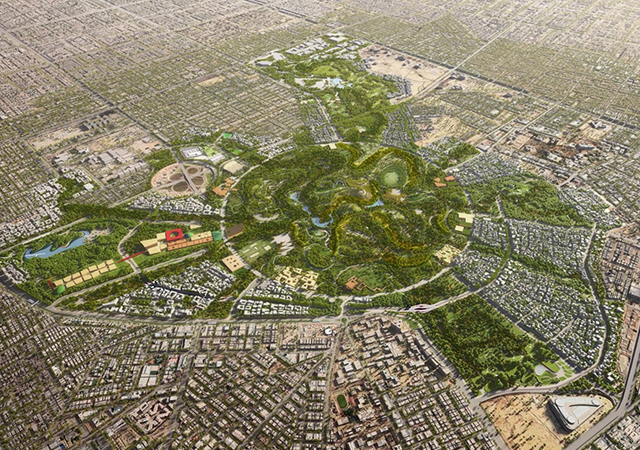
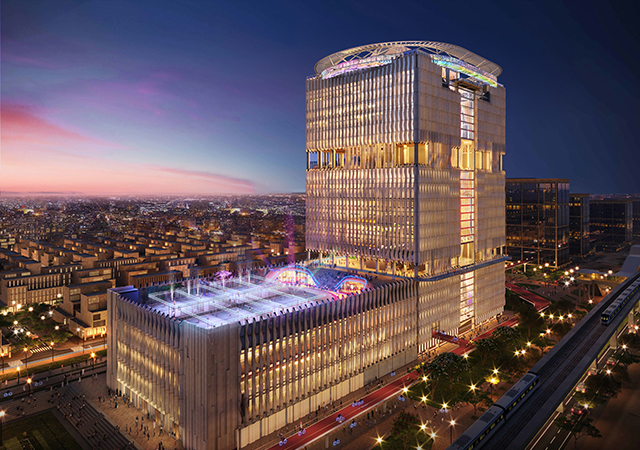
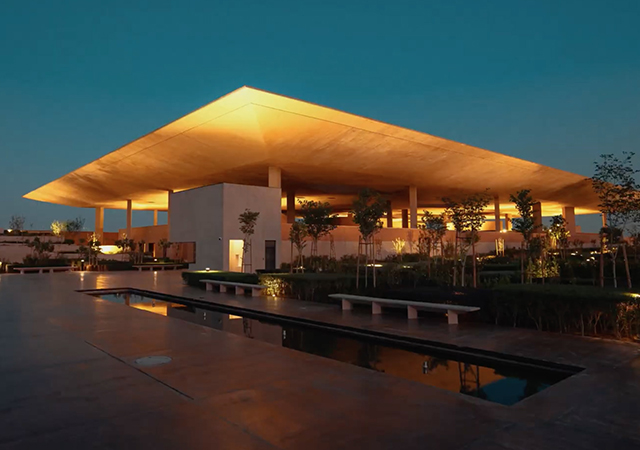

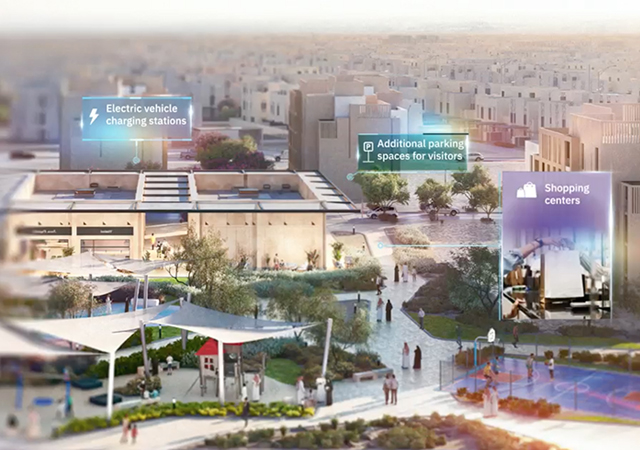

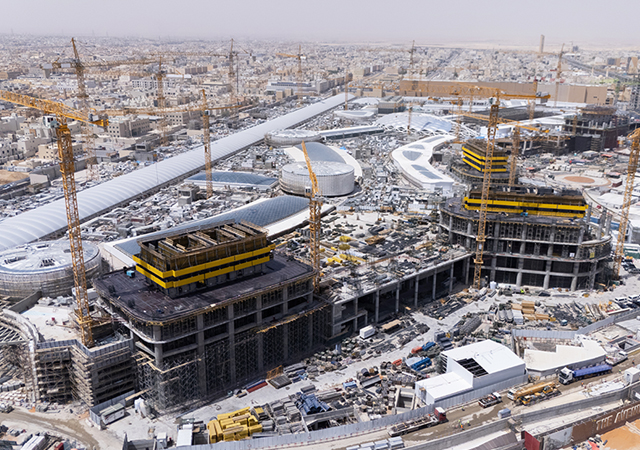
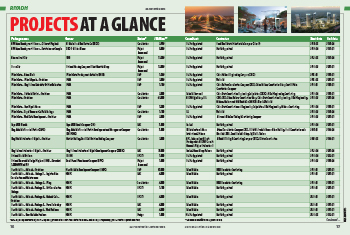
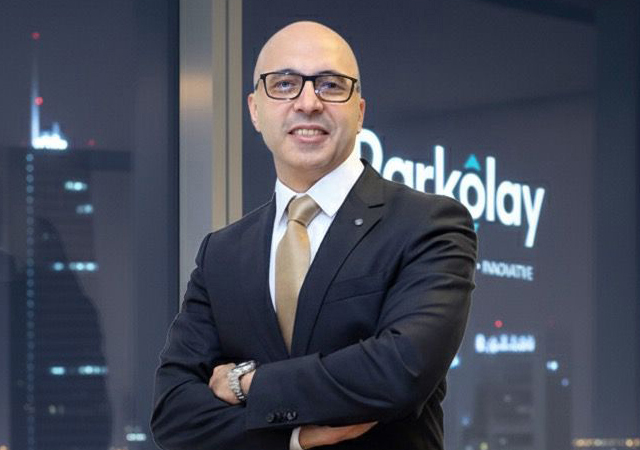
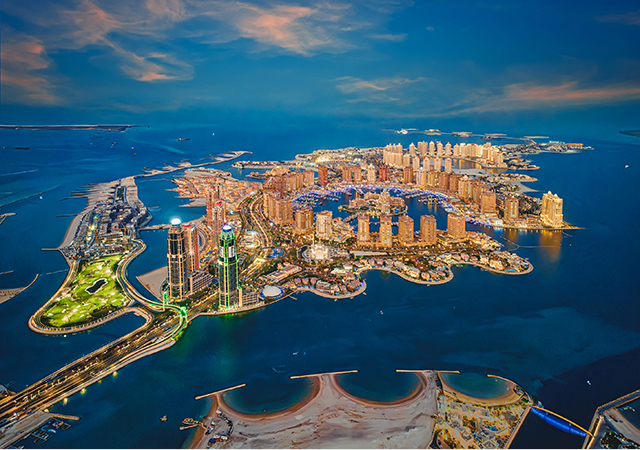

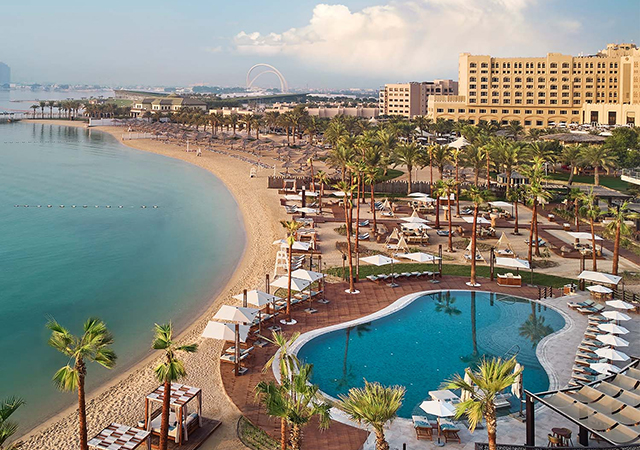
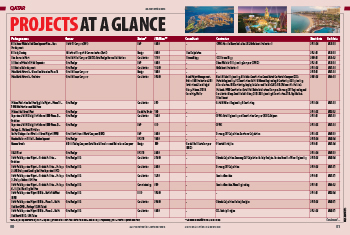
.jpg)
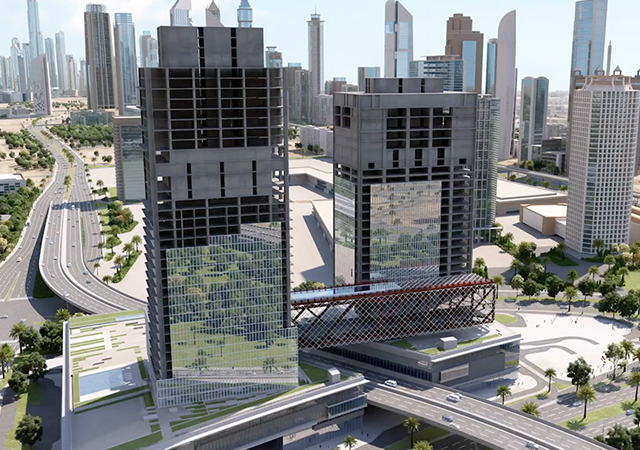

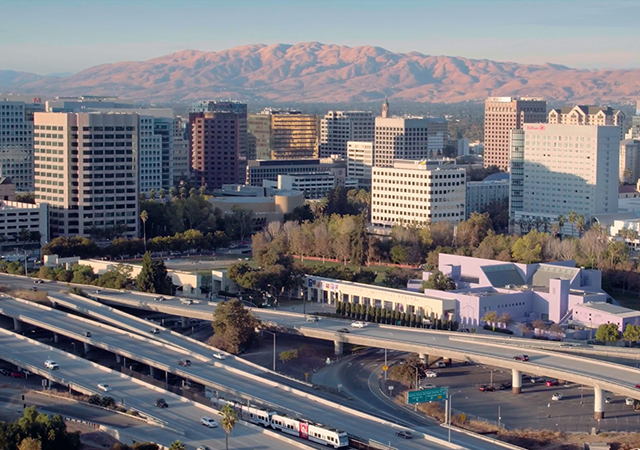
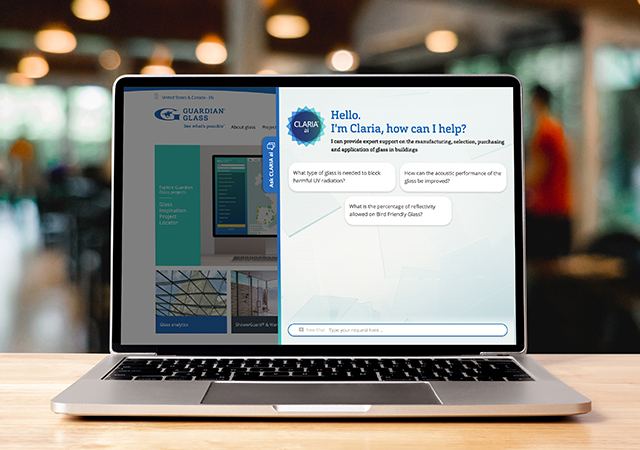


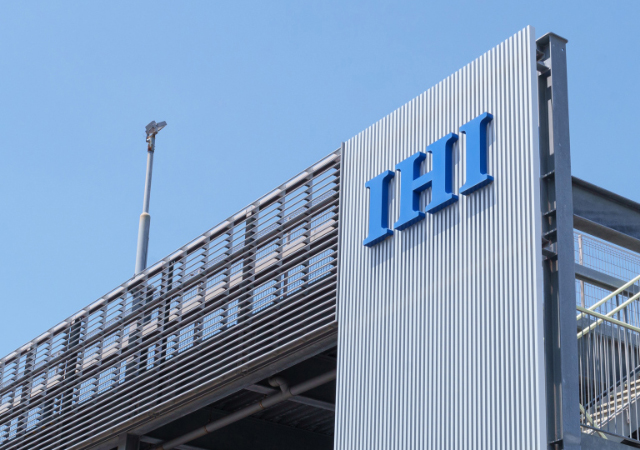
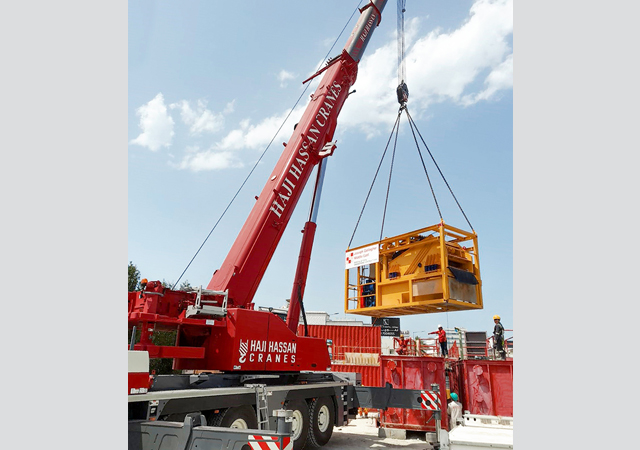
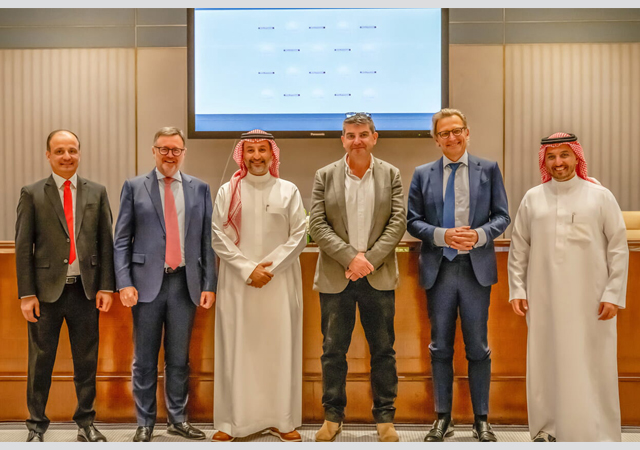
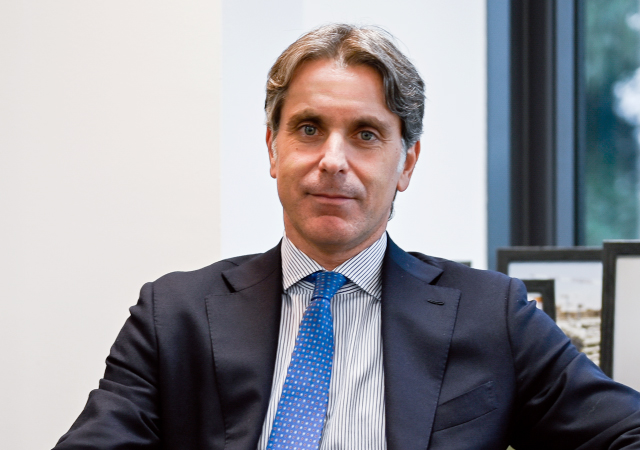
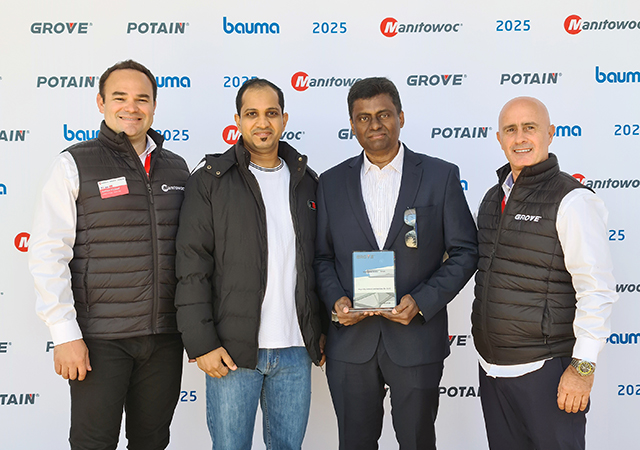
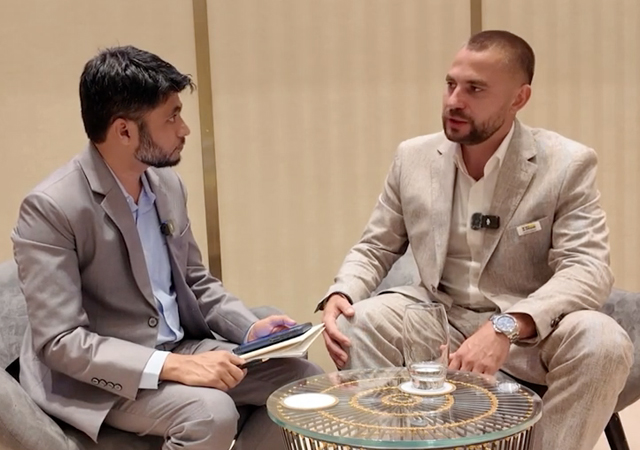
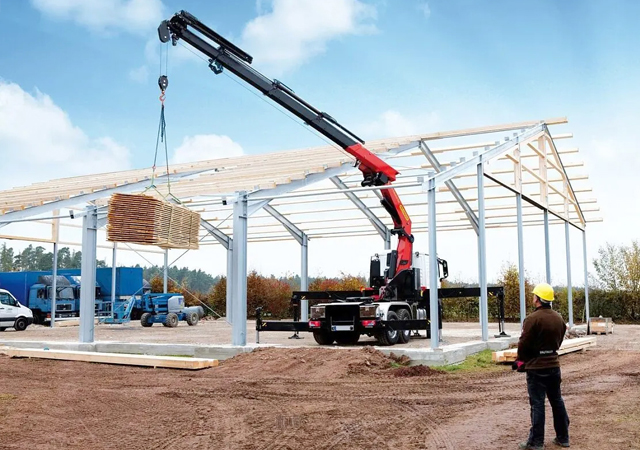
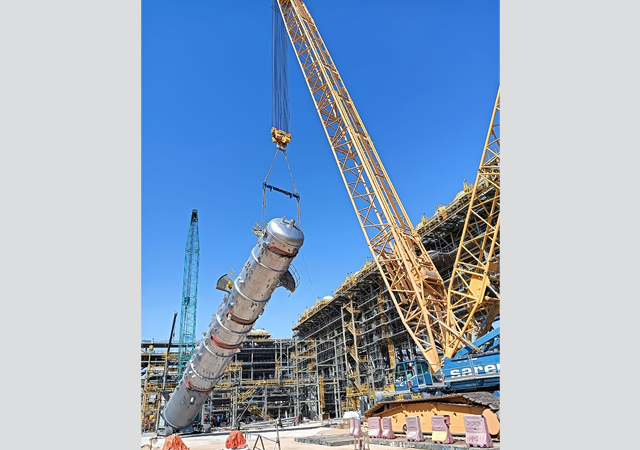

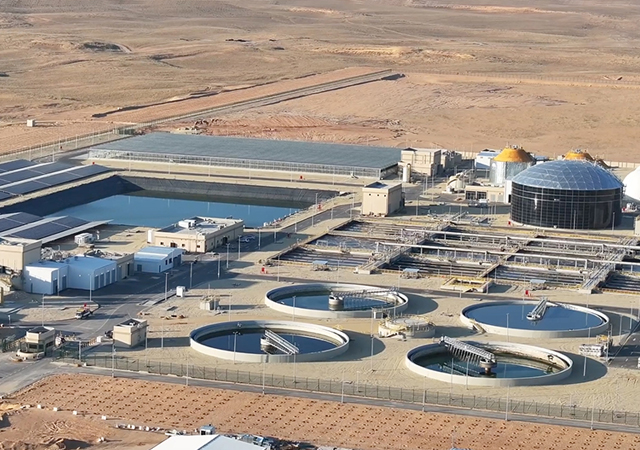

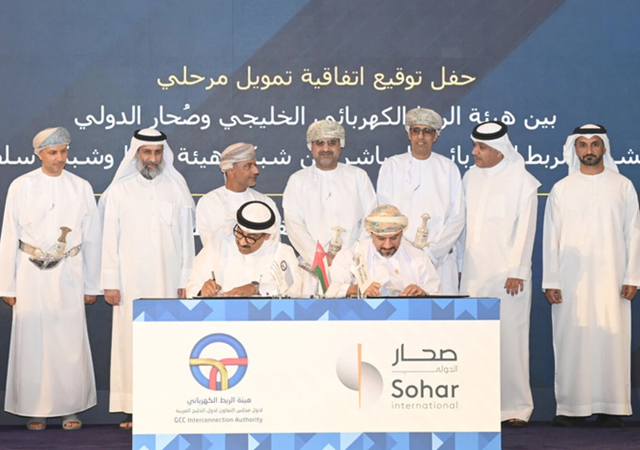
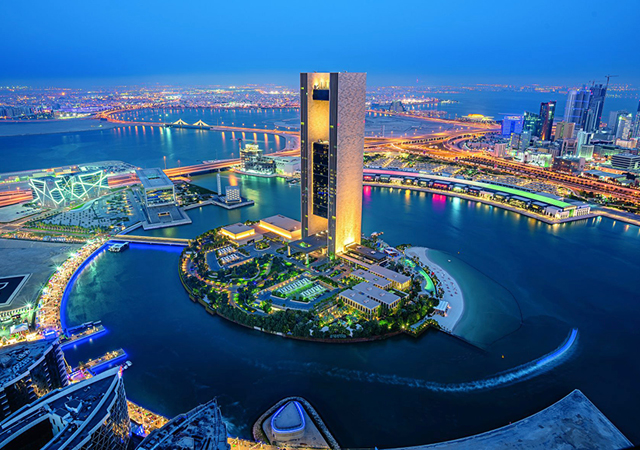
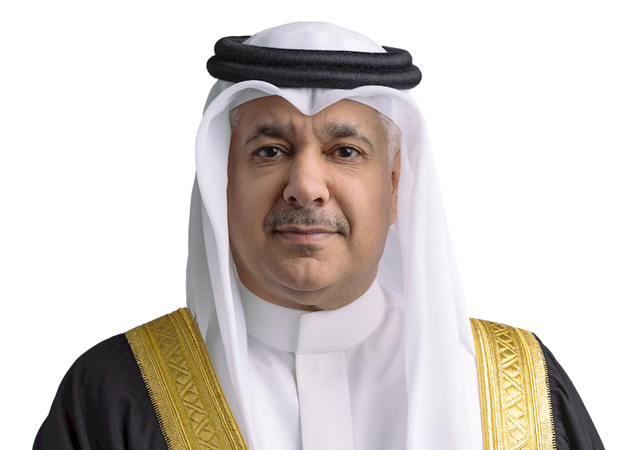
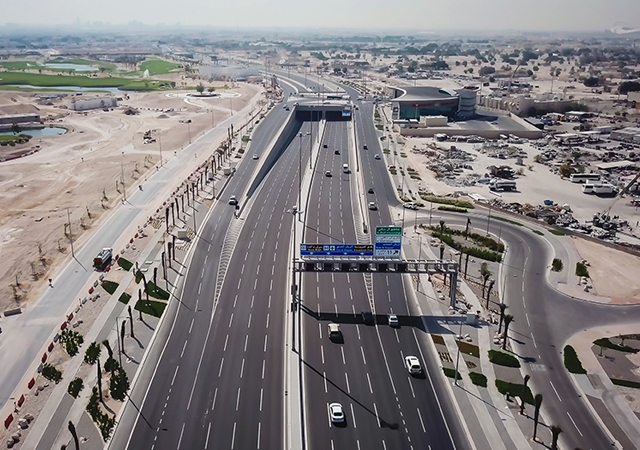
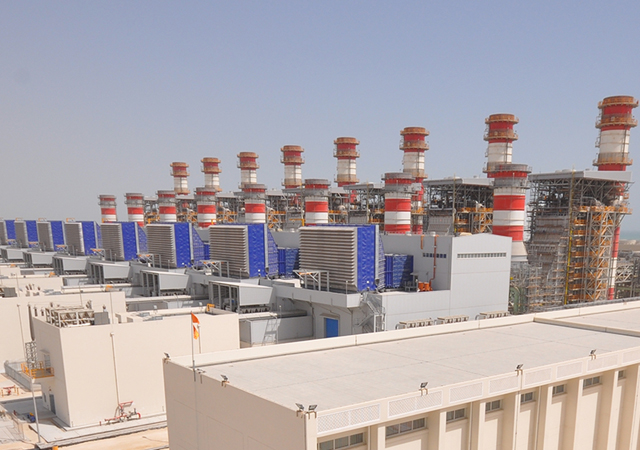

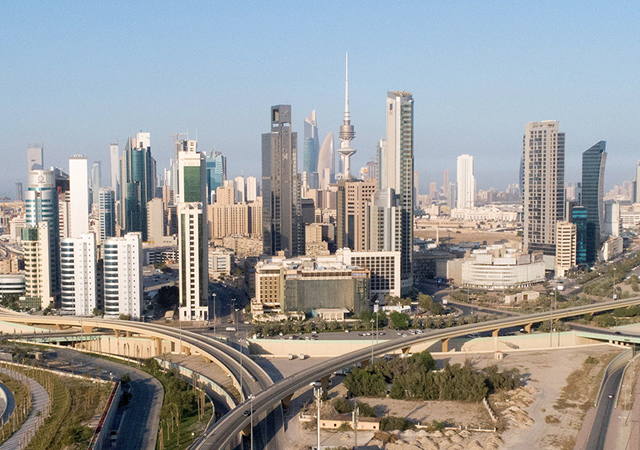
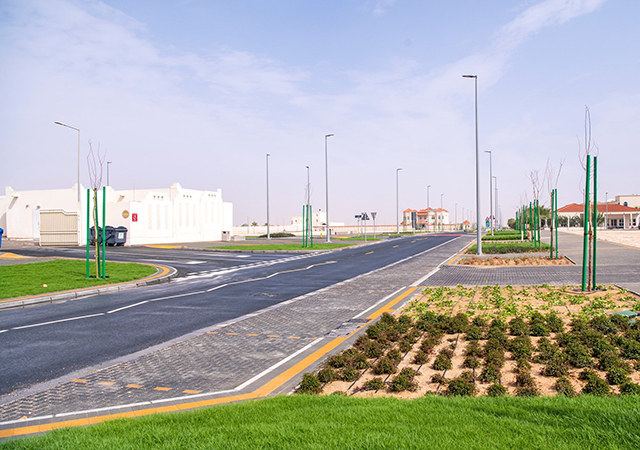
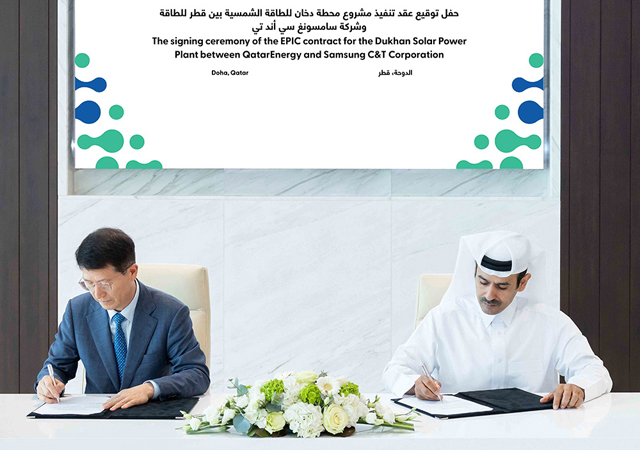
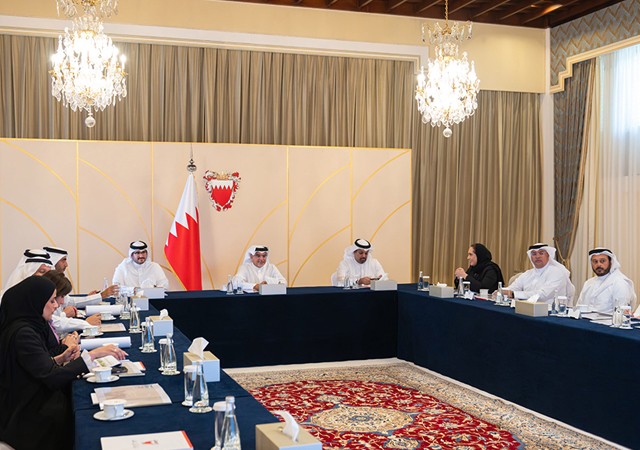

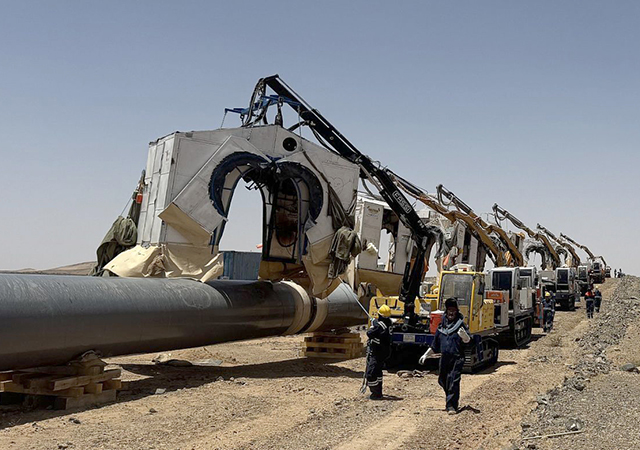

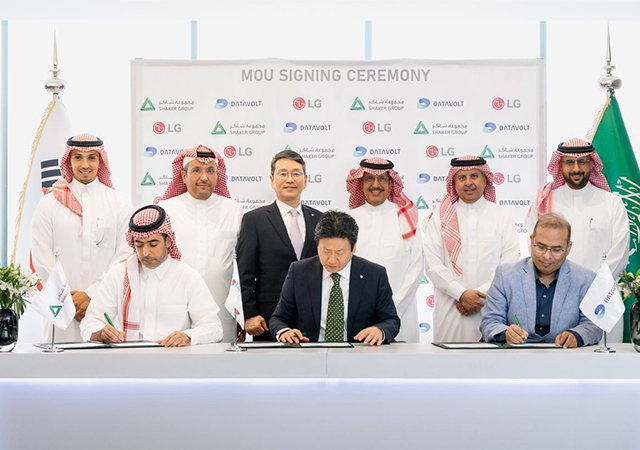
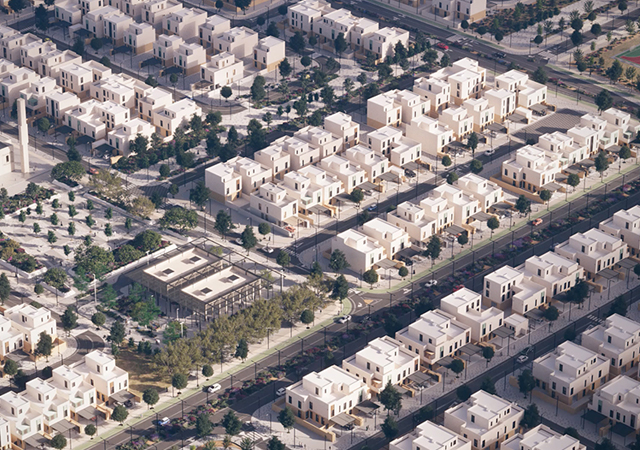
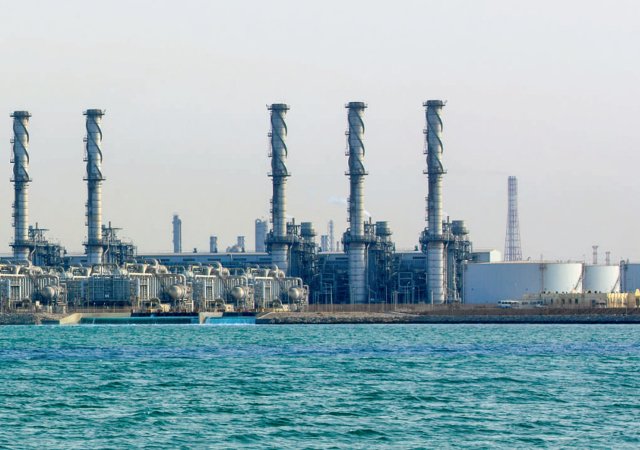
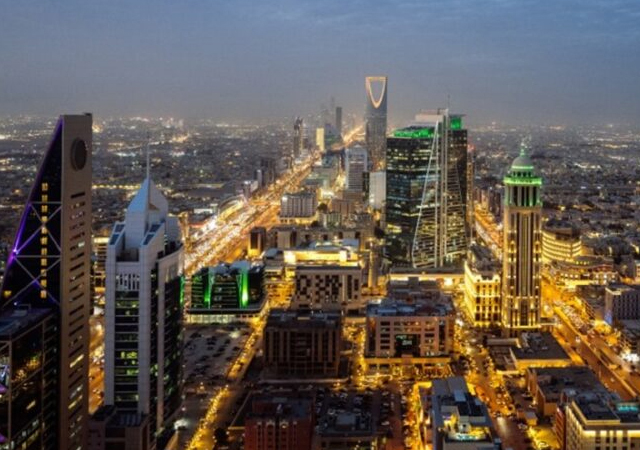
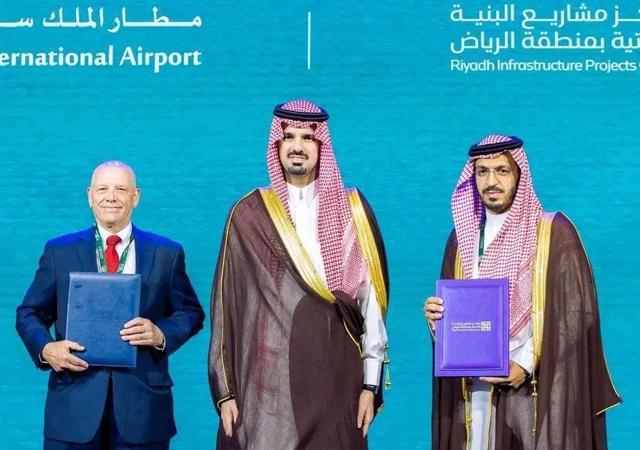

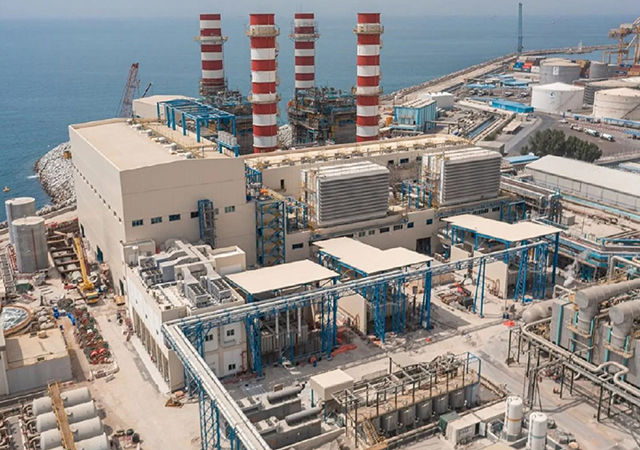


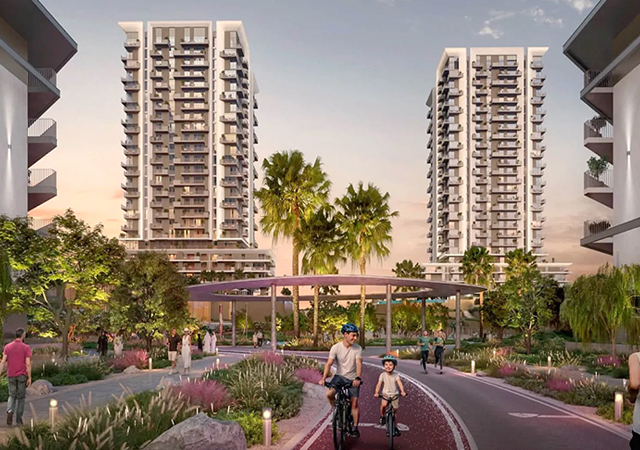
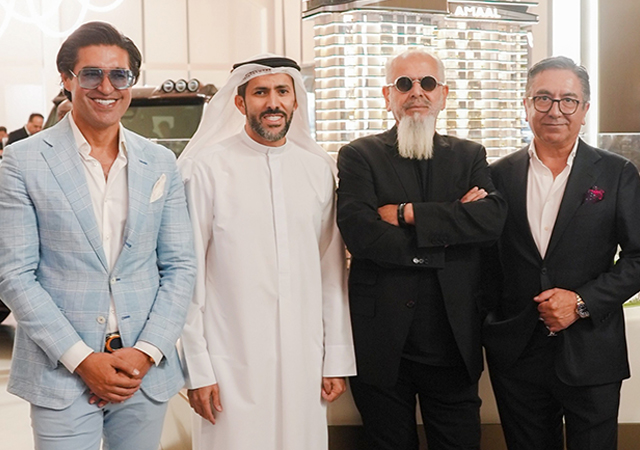
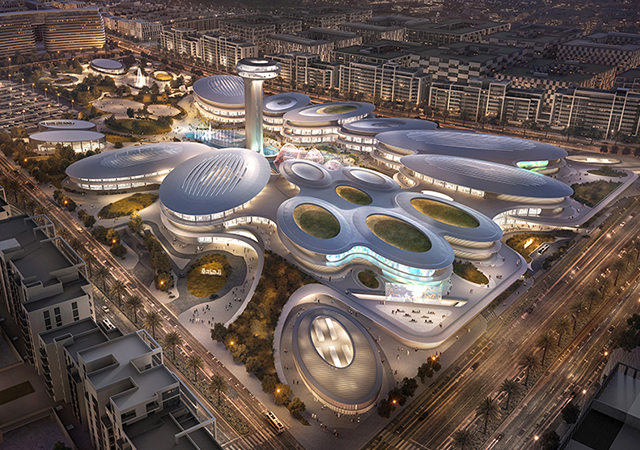
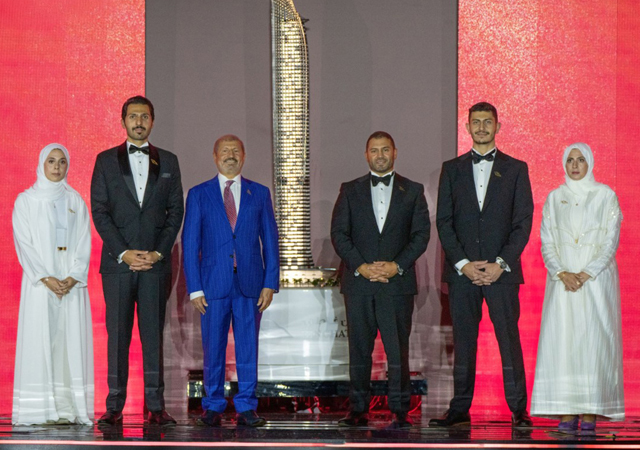
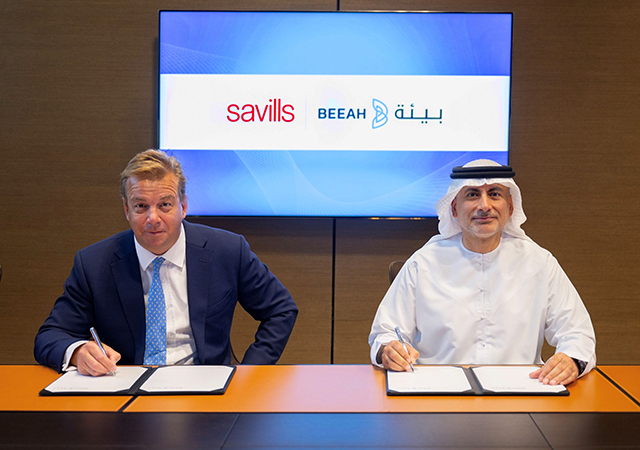

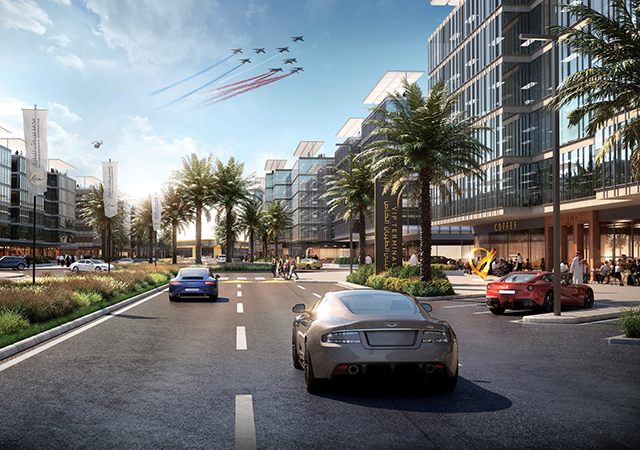

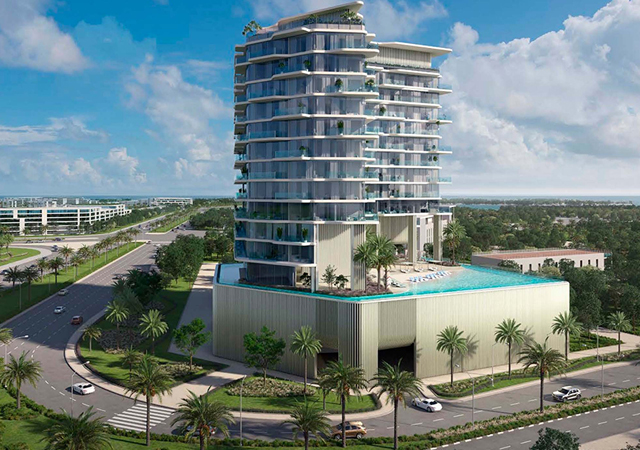
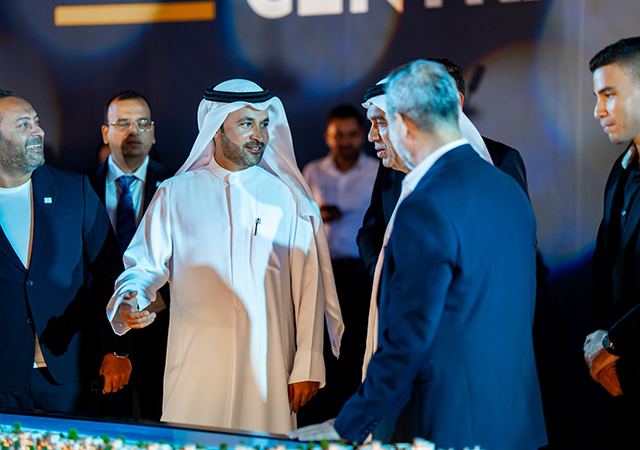
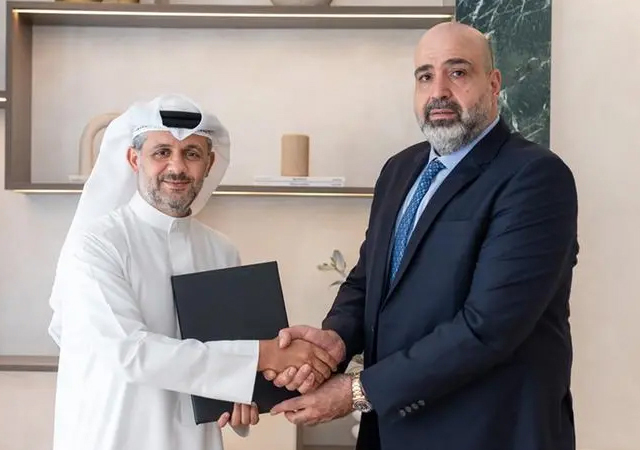
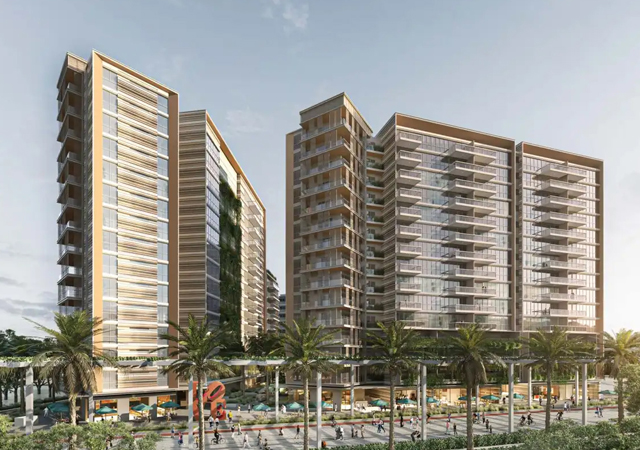
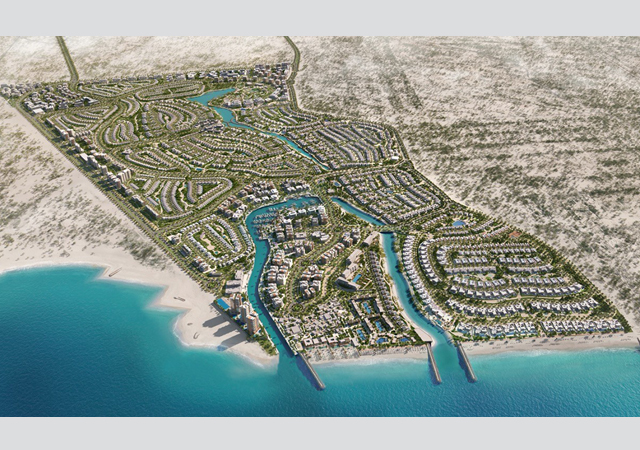
.jpg)
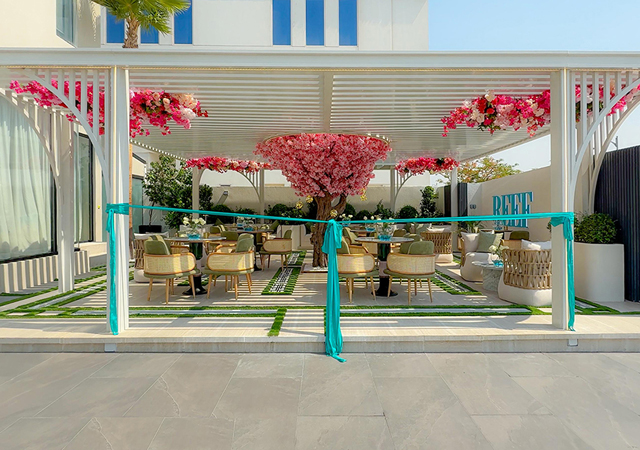
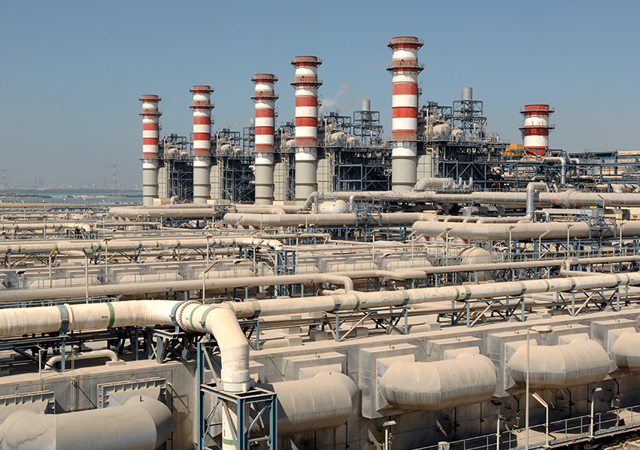
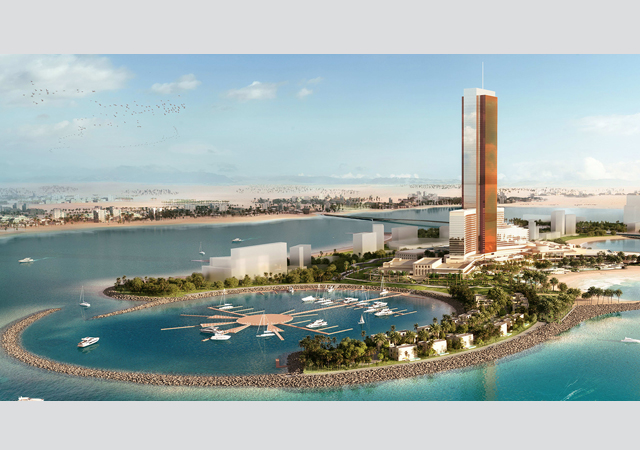
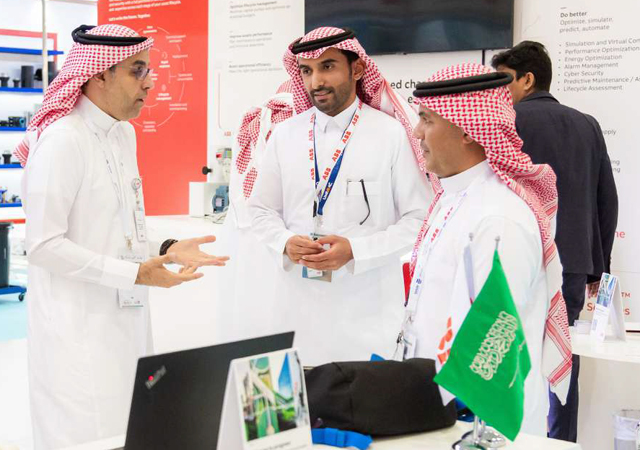
.jpg)
